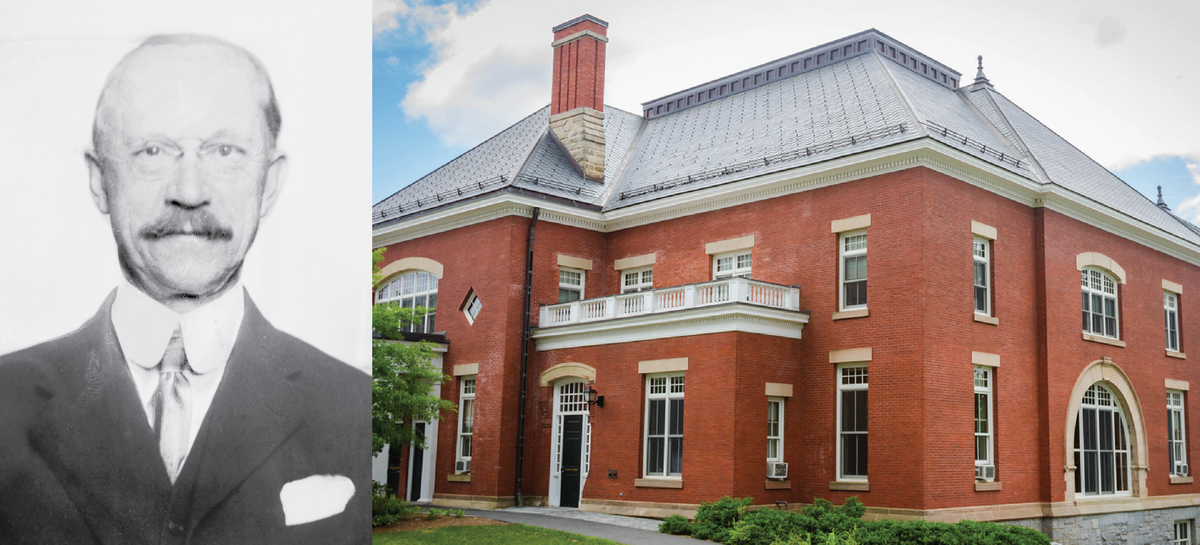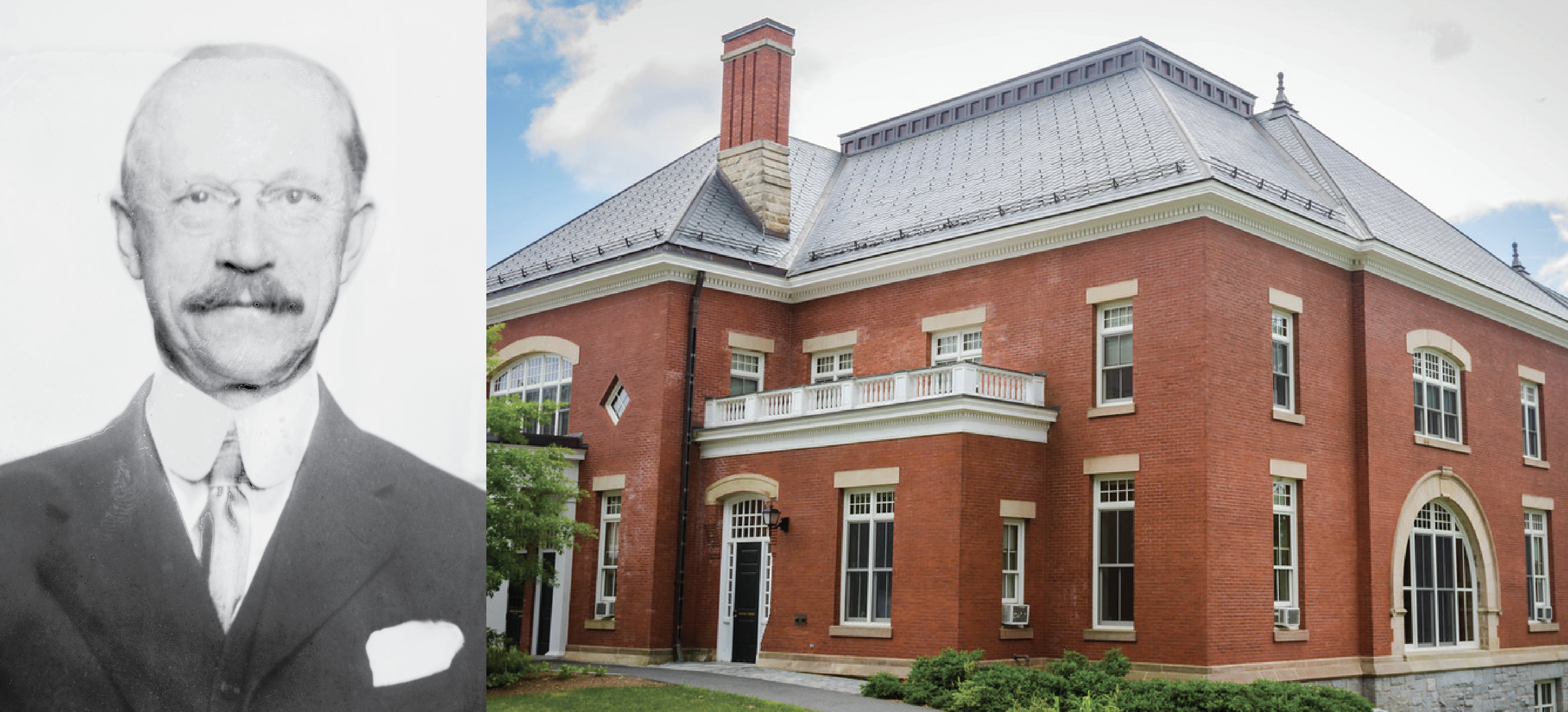Letter to the Editor: Preserving Alumni Relations
In a letter to the editor, former DePauw University Director of Giving Matt Mascioli ’07 applauds the end of legacy admissions at Amherst, but encourages the college to continue to foster a strong alumni-college relationship.


I applaud the college’s decision to abandon legacy-preferential admissions. I applaud this even with the knowledge that my own daughter, Jiyon, now seven and a dual-legacy (as Ha Mijung, the mother of my daughter, is also an ’07 alum) will no longer receive preferential treatment. I’m fully in favor.
Jiyon is smart, and owing to the help the college has given her parents, will already have advantages that many others won’t have — private school, tutors and standardized test prep, to name a few.
I know full well the difficulty of competing against this multitude of socioeconomic advantages because I, myself, came from a relatively poor family from West Virginia. I was fortunate to be accepted to Amherst College without any of the myriad benefits that Jiyon will have. I didn’t even know you could study for the SAT until my first year sitting in Val. And I know many other low-income students struggle with that same gap in knowledge today!
Halfway through my first year, I realized some of the socioeconomic differences which Amherst helped address. I was able to attend due to a fully need-blind and need-based scholarship; I was poor enough to attend for free. I appreciated then the generous funding of alumni who made financial aid packages like mine possible, and I still do.
As I graduated and eventually worked in higher education to raise money for low-income students and give them opportunities similar to my own, I learned a bit more about higher-ed funding models. They have existed for at least 300 years, and while I am certainly no expert on whether Amherst’s recent decision is good or bad, I can certainly attest to the fact that what Amherst is doing is bold.
Many, including former low-income students such as myself, are worried that the future of students whose education entirely depends on Amherst’s generosity could be compromised by such a change. We needed the support of the Pratts, the Moores and other wealthy you-know-the-names to make it possible for us to be at Amherst College in the first place.
I trust that Amherst wouldn’t make such a change without having a plan for how to proceed. I hope, however, that the college and its students don't see this as a purely moral cause of low-income prospective students versus wealthy alumni.
The college is fortunate, because of its endowment, in ways many other schools are not. And while it may seem counterintuitive, alumni are essential in giving others, including first-generation students, a chance to make it in higher education institutions, where the cost would otherwise be prohibitive. I don’t say this out of privilege, but out of gratitude, and hope that Amherst’s abandonment of legacy admissions does not mean an end to the close relationship with alumni that makes so many lives better.
Matt Mascioli '07


Comments ()